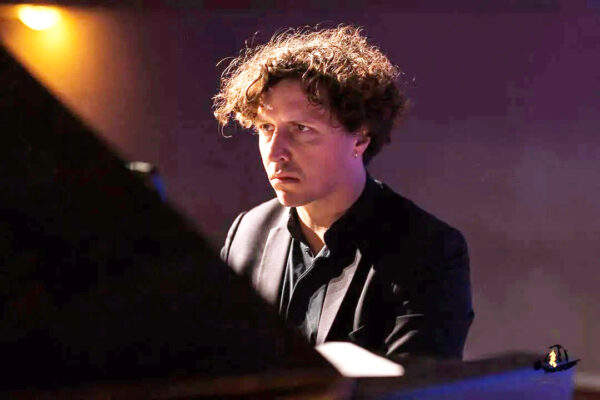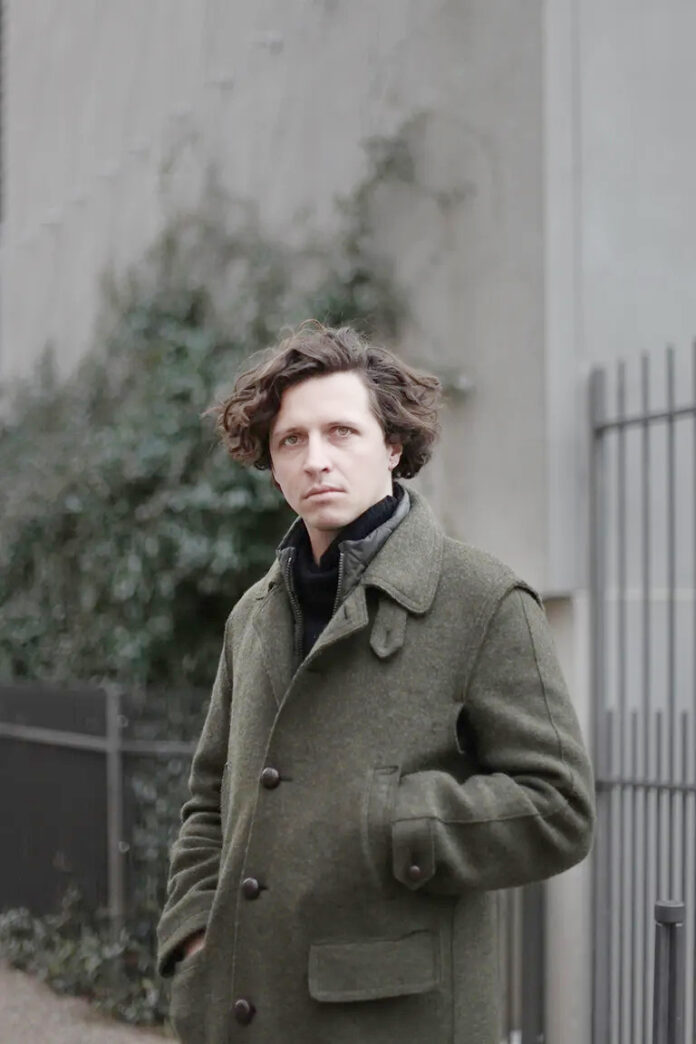YEREVAN / LYON — I met French pianist and poet François Mardirossian in Yerevan, where he gave a solo concert on last April 10. He was born in 1989 in Metz, to a French-Armenian father and a French mother. At the age of 19, after studying at the Lyon Conservatory, François joined the Brussels Conservatory. He regularly performs in concerts in France and Belgium. His taste ranges from Frédéric Chopin and Serge Rachmaninov to John Cage, Philip Glass and Keith Jarrett and many contemporary composers. His first solo album, released in 2019, includes recording of the piano works of American composer Moondog. His last two recordings released in 2022 by Advitam Records devoted to Philip Glass’ Piano Etudes and Alan Hovhaness’ piano works. Mardirossian writes regularly for the contemporary music magazine Hémisphère Son and in 2018 released a collection of poetry, Ce que Bruxelles recèle dans son ciel (What Brussels holds in its sky) published by Chloé des Lys. In 2021, he was awarded the Grand Prix for music of the Paris/Lyon group.
François, let me congratulate you about your brilliant concert in Yerevan. We all were very impressed to see your unusual energy interpreting Philip Glass. Why did you choose this particular composer?
Philip Glass is a composer who has been with me since my early youth. I discovered his Violin Concerto when I was 11 years old by chance in my father’s record library and I fell in love with it. I was soon able to get some of his piano works and as soon as I was old enough to give concerts I put it in my recitals, which was quite rare for a classical pianist, but today I realize that it is the beginning to be accepted more and more in classical venues. I try to interpret him as honestly as possible, like with Chopin, Rachmaninoff or Komitas! I was happy to play his Etudes for piano in Yerevan because it is a collection that I often defend in concerts and that I deeply enjoy playing
If you were to meet, Glass, what would you ask him?
He got my recording and apparently liked it! If I had to ask him a question: In what state of mind were you while composing the Opening, one of my most beautiful pieces for solo piano?

I should confess that although Philip Glass is not my favorite composer, I always take opportunity to listen his opuses an always listen with interest. Back in 2011, I attended his opera, “Satyaghara,” at the Metropolitan Opera in New York. Yet his Piano Etudes sound extremely exciting to me. Perhaps that was because of your performance.










